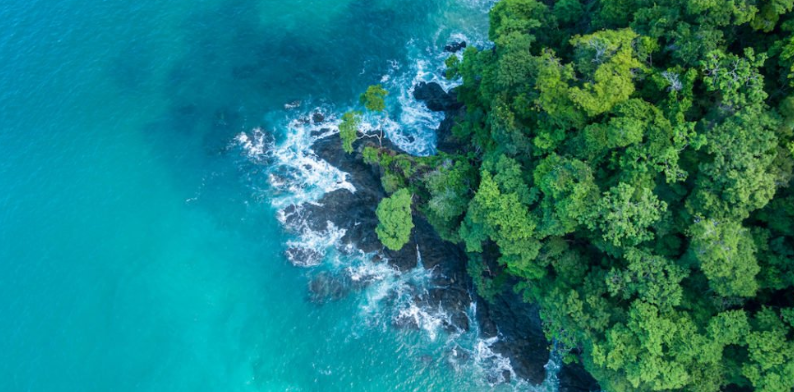
5 Frequently Asked Questions
1. What are my property rights when buying real estate in Costa Rica?
Costa Rica real estate has long been a safe haven for foreign investment because of strong property rights for investors. In almost all cases, foreigners in Costa Rica get fee simple title when purchasing property. This is the same type of property ownership as in North America, and the same as Costa Rican citizens enjoy. In Costa Rica, public property and legal information is listed in the National Registry (Registro Nacional). This public database is where you find owners, mortgages, easements and other legal information for all the private property in the country.
2. What is concession land?
Ninety five percent of the beachfront in Costa Rica is concession land, so it is held through long-term ground leases with the government. These concession properties require thorough due diligence done by the closing attorney, and must comply with the law of the Maritime Zone (Zona Maritima). Many of the most desirable beach properties fall into this category.
3. How do I find the best real estate agent for me?
Choosing an agent with in-depth knowledge of the local market is key to making a well-informed purchase decision. Find an agent you trust and see various options to understand the values of what you’re seeing. Licensing is available by two Costa Rican realtor associations, and most professional agents hold these licenses. A good buyer’s agent will show properties listed by multiple agents and not only their own listings.
4. Can I get financing for a purchase in Costa Rica?
- Seller Financing – Many real estate developers and other sellers of property in Costa Rica offer mortgage financing on their properties. Common terms can be 25-50% down payments and terms of 3-5 years, but vary with market conditions.
- Private Lenders – Less frequently, people use private loan to buy property. These loans typically have an interest rate of 12-18% and are for shorter terms of 1-2 years.
5. How are real estate deals in Costa Rica structured?
Typically real estate deals start with a written letter of intent. Once terms are agreed upon and a deposit is made, the closing attorney begins the process
of researching and executing the transfer of the property. The steps taken before closing include:
- The closing attorney provides a report to the buyer as to the property’s title status and readiness for transfer. The due diligence period is typically 14-30
business days. During this time the attorney researches and reports on the property’s status with tax authorities, it’s title history and any legal records
on file. - If you are purchasing an existing home or condo, an inspection by an engineer will be done during this due diligence period. The inspector reviews all the major systems and structures of the construction and checks all major equipment for any flaws or needed repairs.
- A 30 – 60 day period before closing is most common in real estate transactions in Costa Rica.
